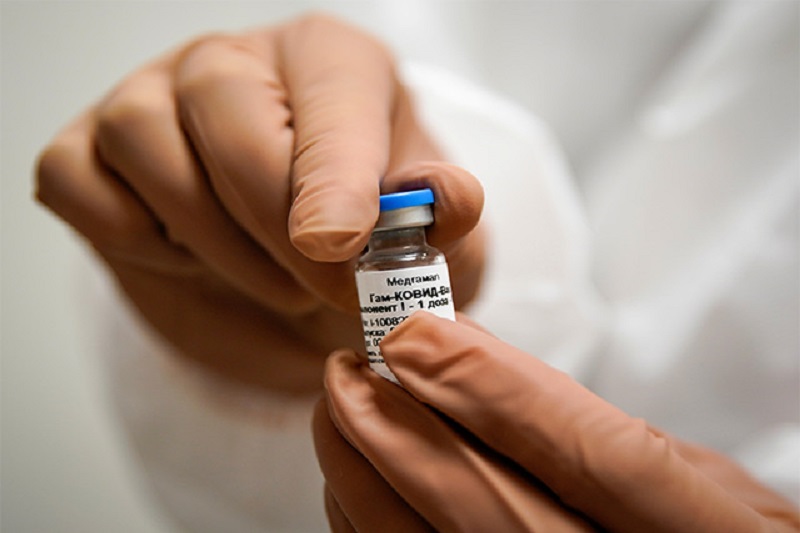In a recent development, GlaxoSmithKline (GSK) has filed a lawsuit against Pfizer and BioNTech in Delaware federal court. The lawsuit alleges that the COVID-19 vaccines developed by Pfizer and BioNTech, known as Comirnaty, infringe on GSK’s patents related to messenger RNA (mRNA) technology. GSK claims that its patents provided the foundational technology used in Pfizer and BioNTech’s vaccines and is seeking monetary damages from the two companies.
Pfizer and BioNTech have denied GSK’s claims and plan to vigorously defend against them. They are confident in their intellectual property position and believe that they are not infringing on any of GSK’s patents. According to sources, the lawsuit is part of a series of court cases involving Pfizer, BioNTech, and Moderna over patent royalties for technology used in their vaccines. Last year, Pfizer made $11.2 billion from Comirnaty sales while Moderna earned $6.7 billion from its vaccine Spikevax.
In response to the lawsuit, GSK has stated that it is willing to license its patents on commercially reasonable terms to ensure continued patient access to the shots. However, GSK believes that its patents cover technology for transporting mRNA into human cells that was developed starting in 2008. The company acquired the rights to these inventions when it purchased part of Novartis’ vaccines business in 2015. Additionally, GSK sued Pfizer last year for patent infringement related to Pfizer’s RSV vaccine Abrysvo, prompting Pfizer to deny GSK’s claims in that case.
The lawsuit highlights the ongoing legal disputes surrounding patent ownership and use of new technologies such as mRNA-based therapies and vaccines. As these technologies continue to evolve and become more widely adopted, it will be important for companies involved in their development to ensure that they are not infringing on existing patents or unintentionally disrupting ongoing research efforts.
Overall, this legal battle serves as a reminder of the complexities surrounding intellectual property rights in emerging fields like biotechnology. While it is important for companies

:quality(75)/cloudfront-us-east-1.images.arcpublishing.com/elcomercio/SHZS63UVUVBIHKYXCRRMDXZQHI.jpg)
